The Board has chosen to adopt the Quoted Companies Alliance’s Corporate Governance Code for small and mid-size quoted companies (the “QCA Code”).
The QCA Code identifies ten principles that focus on the pursuit of medium to long-term value for shareholders without stifling the entrepreneurial spirit in which the Company was created. The principles of the QCA Code are embedded into the Company’s internal reporting and governance structures to the extent expected of a company of Metals Exploration’s size, stage of development and resources.
The Company’s governance structures are further governed by the Company’s Articles of Association (“Articles”) together with relationship agreements (the “Relationship Agreements”) and a revolving credit facility (the “RCF”) with the Company’s two largest shareholders, MTL (Luxembourg) S.à r.l. (“MTL Lux”) and Runruno Holdings Limited (“RHL”).
The Relationship Agreements regulate the relationship between the Company and its two largest shareholders to ensure, amongst other things, that the Group and its business shall be managed for the benefit of the shareholders of the Company as a whole. The Relationship Agreements grant each shareholder the right to appoint one director, for so long as it (together with its successors or assigns) continues to hold more than 10% of the voting rights of the Company.
The RCF sets out the remuneration payable to directors nominated by the two largest shareholders. Further, the RCF requires the prior consent of both these shareholders (together with its successors or assigns) for the Company to undertake a number of operational decisions.
The Company’s current compliance, or otherwise, with each of the ten principles of the QCA Code are detailed below.



